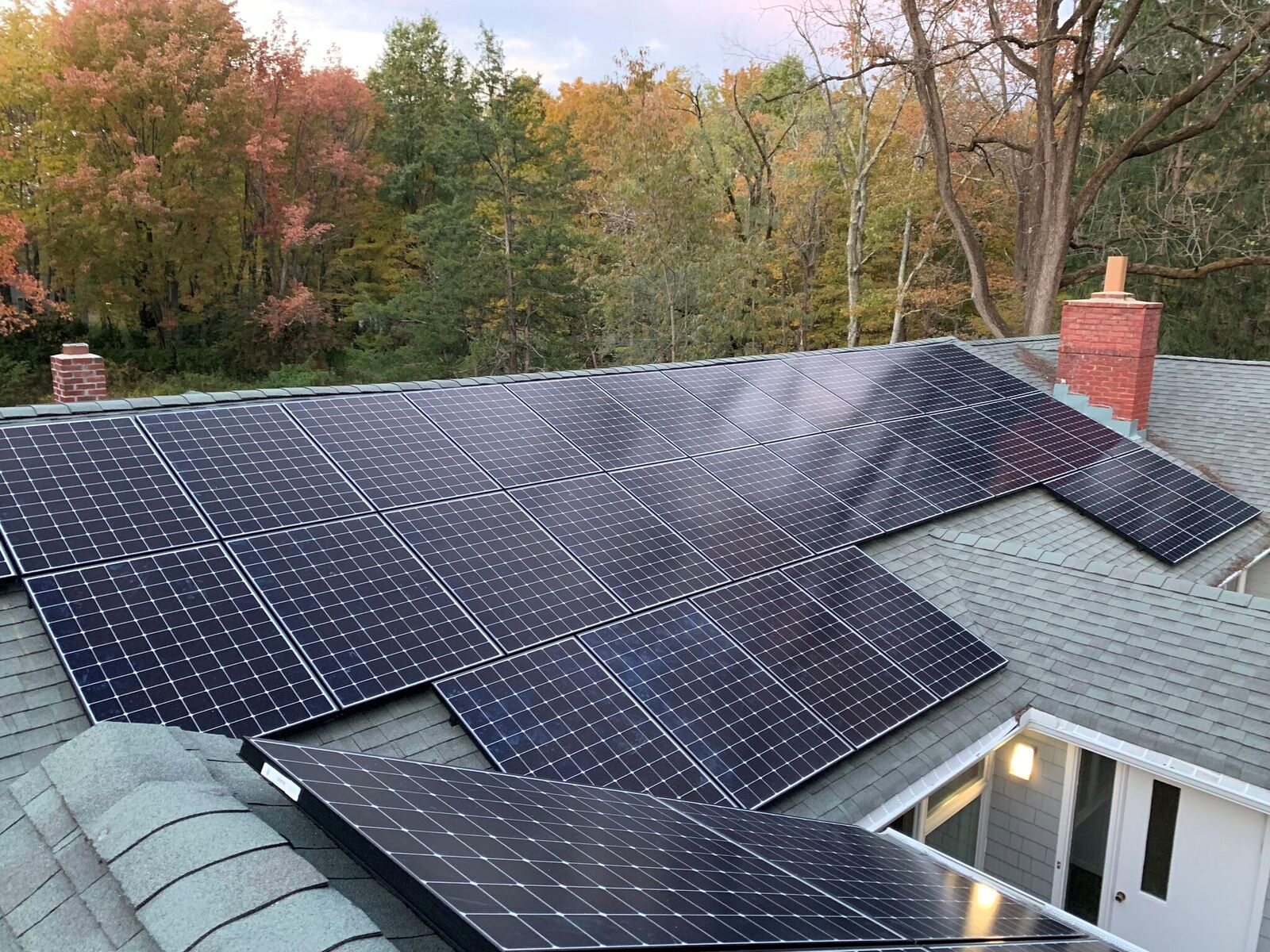Contents
- 1 Introduction:
- 2 The role of clean energy in reducing environmental impact:
- 3 How clean energy contributes to energy independence and security:
- 4 The financial benefits of adopting clean energy solutions:
- 5 How clean energy is transforming the transportation industry:
- 6 The integration of smart technology in clean energy systems:
- 7 The role of clean energy in creating sustainable communities:
- 8 How businesses are benefiting from clean energy investments:
- 9 The future of clean energy and its long term impact on society:
- 10 Conclusion:
Introduction:
Clean energy is transforming the way we power our homes, businesses, and transportation systems. As concerns over climate change and environmental sustainability continue to grow, the demand for renewable energy sources such as solar, wind, and hydroelectric power is increasing. Unlike fossil fuels, which release harmful greenhouse gases, clean energy provides a sustainable and eco-friendly alternative that reduces carbon emissions and preserves natural resources.
The impact of clean energy extends beyond environmental benefits; it is also reshaping economic structures, energy accessibility, and the way people interact with technology in their daily lives. Governments, businesses, and individuals are increasingly investing in renewable energy solutions to lower energy costs, promote sustainability, and achieve energy independence. Understanding how clean energy influences modern life highlights its importance in building a more resilient and sustainable future.
The role of clean energy in reducing environmental impact:
One of the most significant advantages of clean energy is its ability to reduce carbon emissions and mitigate climate change. Traditional energy sources, such as coal and natural gas, release large amounts of carbon dioxide into the atmosphere, contributing to global warming and environmental degradation. Clean energy alternatives, on the other hand, generate power without emitting harmful pollutants.
Beyond lowering greenhouse gas emissions, clean energy reduces dependence on finite fossil fuel resources. By harnessing renewable sources such as sunlight and wind, societies can decrease their reliance on nonrenewable energy while protecting ecosystems from extraction and pollution-related damage. This shift toward sustainable power sources plays a crucial role in promoting long-term environmental stability.
How clean energy contributes to energy independence and security:
Energy independence is a growing priority for individuals and nations alike. Relying on imported fossil fuels makes countries vulnerable to price fluctuations, supply chain disruptions, and geopolitical conflicts. Clean energy helps mitigate these risks by providing locally generated, renewable power.
- Key benefits of energy independence through clean energy:
- Reduces reliance on foreign oil and gas imports.
- Provides stable energy prices by minimizing market volatility.
- Enhances energy security by diversifying power sources.
- Supports local economies through renewable energy investments.
As more households and businesses adopt clean energy solutions, communities can reduce their dependence on centralized power grids and increase resilience against energy shortages and disruptions.
The financial benefits of adopting clean energy solutions:
Switching to clean energy offers long-term financial benefits, making it an attractive option for homeowners and businesses. While the initial investment in renewable energy systems may seem high, the cost savings over time make clean energy a financially viable choice.
Governments and energy providers also offer tax incentives, rebates, and subsidies to encourage the adoption of clean energy technologies. Homeowners who invest in solar panels for home, for example, can generate their own electricity and reduce monthly utility bills. Over time, the savings from using solar power can offset installation costs, making it an economical and sustainable energy solution.
How clean energy is transforming the transportation industry:
The transportation sector is a major contributor to carbon emissions, but clean energy is changing how vehicles operate. The rise of electric vehicles (EVs) and alternative fuel sources is reducing the environmental impact of transportation while offering consumers more energy-efficient travel options.
- Ways clean energy is improving transportation:
- Growth of EV charging infrastructure to support wider adoption.
- Development of hydrogen fuel cells for zero-emission vehicles.
- Integration of solar-powered transportation systems in urban areas.
- Increased investment in public transit systems using renewable energy.
By shifting toward clean energy in transportation, societies can reduce dependence on fossil fuels, lower air pollution, and create more sustainable mobility solutions.
The integration of smart technology in clean energy systems:
Technological advancements are enhancing the efficiency and effectiveness of clean energy solutions. Smart grids, energy storage systems, and AI-driven analytics are making it easier for consumers to optimize energy use and reduce waste.
Smart home technology, such as automated thermostats and energy-monitoring devices, allows homeowners to track and adjust energy consumption in real time. These innovations improve energy efficiency and help maximize the benefits of renewable energy sources by ensuring that power is used effectively.
The role of clean energy in creating sustainable communities:
Clean energy is not just transforming individual households—it is also reshaping entire communities. Many cities and towns are investing in renewable energy projects, microgrids, and green infrastructure to create more sustainable urban environments.
- How clean energy supports community sustainability:
- Encourages local investment in renewable energy projects.
- Reduces strain on national power grids through decentralized energy production.
- Creates green jobs in the clean energy sector.
- Promotes healthier living environments by reducing air and noise pollution.
As more communities adopt clean energy initiatives, the shift toward sustainability will become a defining feature of modern urban planning.
How businesses are benefiting from clean energy investments:
Businesses across various industries are increasingly recognizing the advantages of clean energy. By investing in renewable power, companies can reduce operational costs, improve brand reputation, and meet corporate sustainability goals.
Many businesses are incorporating clean energy into their operations by installing solar panels, utilizing wind energy, or purchasing carbon credits. These efforts not only help companies reduce their environmental impact but also attract environmentally conscious consumers who prioritize sustainable brands.
The future of clean energy and its long term impact on society:
The clean energy revolution is still in its early stages, but its long-term potential is undeniable. As technology advances and adoption rates increase, clean energy will become even more accessible, efficient, and integrated into everyday life.
- Trends shaping the future of clean energy:
- Expansion of battery storage technology for enhanced energy reliability.
- Growth of decentralized power systems and community microgrids.
- Greater investment in offshore wind and large-scale solar farms.
- Development of new clean energy innovations such as wave and geothermal power.
As clean energy continues to evolve, it will play a crucial role in shaping a more sustainable, resilient, and cost-effective global energy system.
Conclusion:
Clean energy is making a significant impact on everyday life, offering financial savings, environmental benefits, and energy security. As individuals, businesses, and governments continue to invest in renewable energy solutions, society will move closer to a sustainable and carbon-neutral future.
The widespread adoption of clean energy technologies is essential for reducing reliance on fossil fuels, mitigating climate change, and improving overall quality of life. By embracing clean energy today, we can build a healthier and more resilient world for generations to come.




